Counselling and Care Without Judgement
There’s no amount of drug use or drinking you could tell me about that would shock me,” says Theo, DCM’s harm reduction counsellor. “I understand that no one just wakes up and starts using. It all comes from somewhere.”
Theo’s lived experience with addiction inspires his work today. After attending residential treatment, he knew he wanted to help others find the same hope and support he had received. Now, he provides counselling and facilitates harm reduction and 'Cool and Calm' groups.
“The counselling here is different,” Theo explains. “There are no barriers. You can come in even if you’re under the influence, and we’ll talk. You might miss sessions, but you’re always welcome back. Other services might refuse people for these reasons, but we can’t let that happen.”
He also highlights the stigma faced by DCM’s whānau. “If you’re homeless, you might use drugs to stay awake, be warm, or get through the night. Basic things like showering or taking medication can be impossible. Everything becomes a barrier. It’s easy to judge someone who has less, but they’re playing a different game.”
Addiction, mental health, and homelessness are deeply intertwined, according to Theo. “Do someone's addictions make their mental health worse, or the other way around?” Theo asks. “That’s not the best way to look at it, because they both exist together in a person. It's the same with homelessness; someone’s homelessness might exacerbate their drug use which exacerbates their mental health, which exacerbates their homelessness. ”
Theo is passionate about harm reduction, a shift from abstinence-only approaches. "For a long time, abstinence was the only way to deal with addictions in society, which maybe comes from the way that we view it as a criminal matter, rather than a health matter", he says. "So, it's important here that we recognise that there is another really viable and valuable option, which is harm reduction. Abstinence, in a way, might sometimes set people up to fail. It’s an extremely big ask, especially if you are experiencing homelessness or housing-insecurity."
Theo sees connection as an important aspect of harm reduction. “It’s really difficult to just stop doing drugs. The way to do it is to build up the rest of your life so that the part that was your drug use just becomes smaller and smaller.” He recalls taking a group of whānau to a subtitled film. “One of them hadn’t been to the movies in 40 years! Another couldn’t read but still got so much out of it. We sat there with popcorn and coke, and it was such a normal human experience. It was beautiful.”
He sums it up simply: “We are all being ourselves and also becoming who we might be, all at once. I think we really let people do that here.

